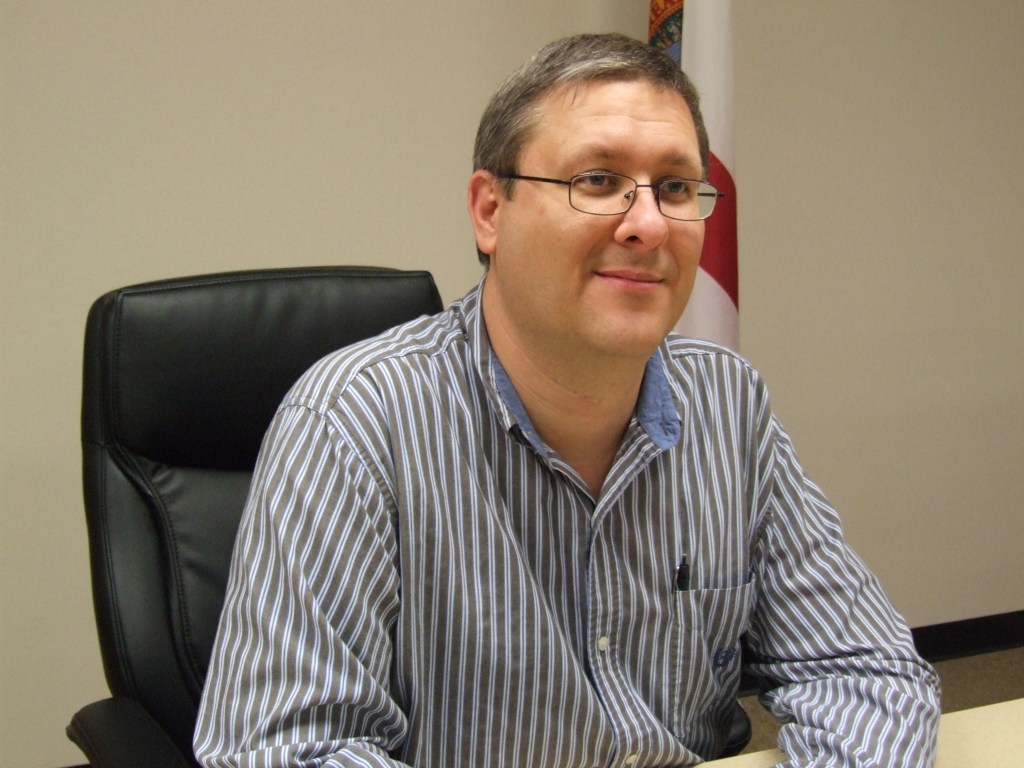Remembering Suwannee: Growing up in Luraville
Published 11:07 am Monday, January 28, 2019

- Eric Musgrove
While researching for my articles on W. B. Telford, I again read through information from one of his grandchildren, Carrie Icer Telford Clay (also known as Caroline Isa) that I acquired many years ago. Born in Luraville, she would eventually live in West Virginia, Virginia, Georgia, Kentucky and Texas. In December 1985, at the age of 98, she told her life story to her descendants. Today, I’ll share with you some of Mrs. Clay’s story as it relates to Luraville, in her own words (grammar errors and all).
“I was born in Luraville, Florida December 23, 1887, so you see I was almost a Christmas present. I have been told that my father, George Glenn Telford, weighed three pounds when he was born. He was so small they said he fitted into a coffee pot! I know he built the house in which I was born out of virgin pine. I saw it again when I went to Florida in 1950.
“I was named Carrie Icer for a maiden lady in our family whom Mother liked. Since I didn’t like my name, I changed it when I was older to Caroline Isa. I was always called Isa.
“Luraville was very small. My Father was the Justice of the Peace, and the Post Office where my Father worked was in the grocery store. My Father was also a lay minister. He read the scripture out of a huge Bible (I still have it). He read sermons written by others if there was no visiting minister to preach. My Father was the only son of my Grandparents, William Brazelton Telford and Caroline Carrie Glenn. He was born on a plantation on the Suwannee River. His Mother died when he was young and his Father remarried. His Father was a Presbyterian Minister.
“I remember Papa reading the Bible to us as children. I am sure he was a marvelous Christian man. In fact, when we played, I always liked to be ‘the Preacher’ just like Papa. I didn’t look much like Papa. He was tall and had short, brown hair and a beard which he wore long to his chest.
“As Justice of the Peace, he had to settle arguments for the Italian workers and the Jews in the phosphate mines. I remember people talking funny in our house. The owners of the mine stayed sometimes in our right-hand room. At least I think they must have been owners — they seemed to be important people.
“Father’s garden was in the back yard. We had an old fashioned cistern for our water supply. A chain with a bucket was used to reach the water. We could look right down into the cistern. The water was so cool we never needed ice.
“I loved the sugar cane my father raised. We would cut it up and chew it right in the garden. I guess that is they reason I have such good teeth today. When the sugar cane was harvested at Cousin Harley Ballentine’s farm, he always invited us. They would cut the cane, then hitch the mule up to crush the cane and get the juice out. The juice was poured into a huge kettle and boiled down to syrup. Great long sticks were used to stir the syrup until it was the right consistency. I loved to drink this syrup. Cousin Harley bottled and sold it.
“Cousin Harley loved children. He had one daughter named Annie. She was the nicest one of all his children. When we’d get up early, he’d cut the cantaloupes open on the back porch for us and tell us to eat all we wanted. They had fresh vegetables, milk, butter and mulberries on huge trees. They had so much they’d let the pigs out to eat them up.
“There was a peanut patch in the back of our house. There were little boys who lived across the street but we were not allowed to play with them. Papa switched my older sisters’ legs when they disobeyed, but he didn’t mine.”
We’ll continue Mrs. Clay’s look at Luraville next week.
Eric Musgrove can be reached at ericm@suwgov.org or 386-362-0564.





